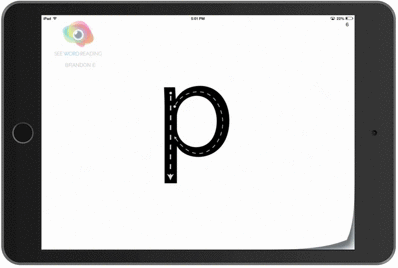Kevin Kushman

Co-Founder/Director, Blue Manatee Literacy ProjecT
When did you decide to become involved in education?
Based on experience as a mentor at Oyler School’s Hampton Mentoring Center over the last few years
Why did you choose this field?
I truly feel like it chose me. When you’re working with students who must overcome so many barriers before tackling the challenge of reading, you’re motivated to leverage any outlet to help remove those barriers. My motivation was (and is) very personal, based on an experience with a former mentee. My background is in building start-up technology companies in the energy industry, which, on the surface, has nothing to do with childhood education. Still, the idea of bringing a new model to an embedded challenge is portable across sectors.
What do you think the challenges are around literacy?
We believe the challenges include consistent access to age, cultural and ability-appropriate reading resources, fostering a value of reading through parents and caregivers and providing reliable support at each stage of a reader’s development. All components must co-exist to empower successful readers.
How does your work address those challenges?
Blue Manatee Literacy Project is initially addressing the reading resource gaps that exist for many disadvantaged students, ones that may be overlooked once children enter kindergarten. Based on a recent survey we conducted, it’s estimated that more than 50% of our focus students have one book or no books at home of their own to read, meaning illiteracy stops at the door of the school. Making sure each child has a home library that matches his or her journey through reading is most critical. The K-3 stage is truly the “last mile” in which to build reading competence for foundational success in school and beyond.
What do you think is most needed to help improve literacy skills?
The earliest exposure to reading, through family routines, book sharing, and related experiences, has been proven to be instrumental in reading success. Not all children are fortunate enough to have had these experiences. For those whose early development has lacked a focus on reading, we believe that a genuine “portfolio” approach (resources/mentoring/literacy experiences, like author visits) must be deployed consistently to ensure that all students may unlock the joy and empowerment of reading.

Want a Step-by-Step Easy Path to Learn to Read?
See Words: School lays out the fundamental steps in 14 engaging lessons using proven multi-sensory methods and phonics. Download the suite of apps from the Apple App Store now.